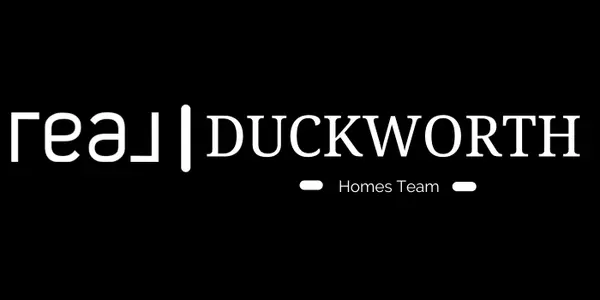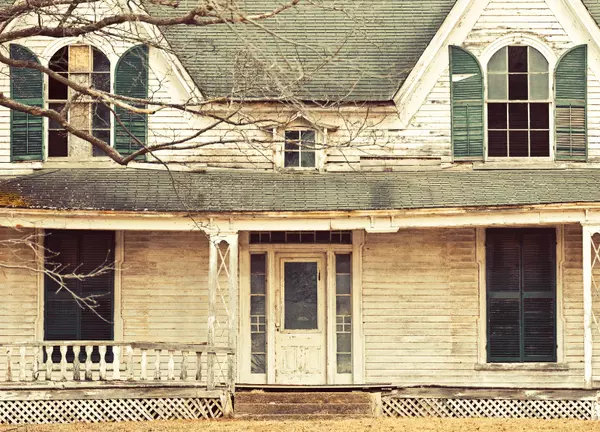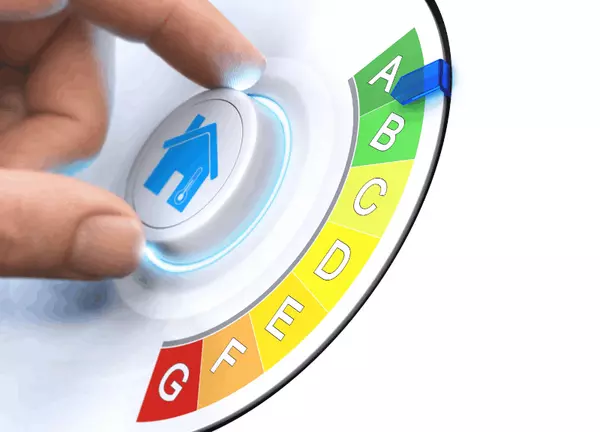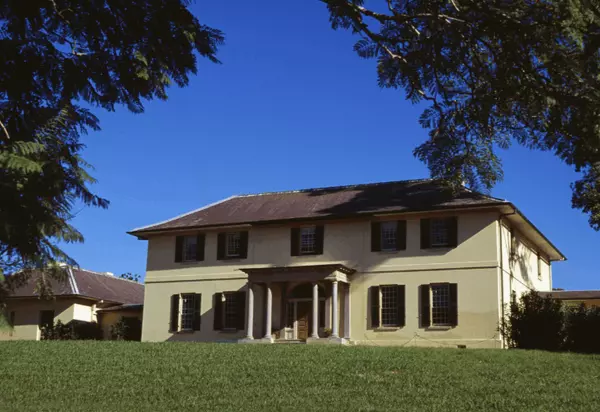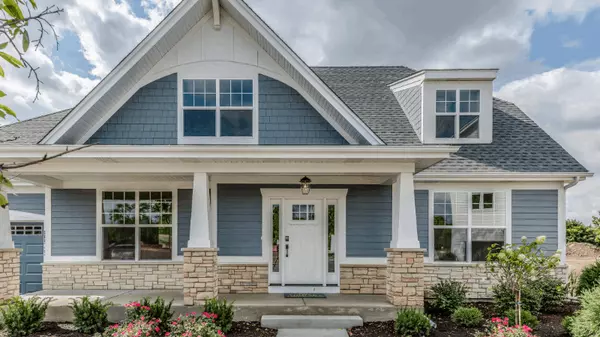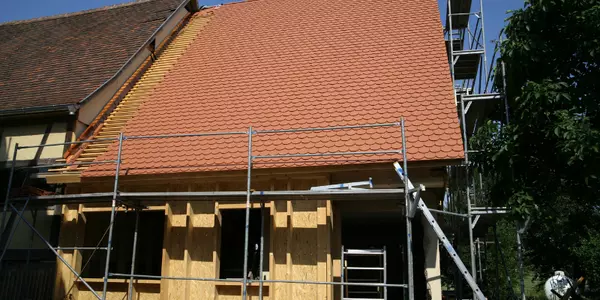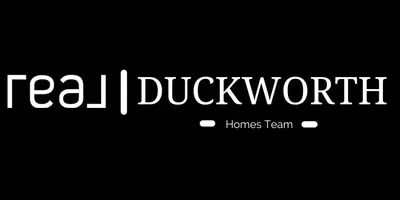Purchasing an Older Home in Rhode Island and Massachusetts

Purchasing an older home offers a blend of charm and unique architectural features, yet it can also present several challenges. From potential electrical problems to roofing concerns, here's a detailed guide to navigating the purchase of an older home.
Opting for an older property often means embracing its distinctive character, historical elements, and exquisite craftsmanship. However, such homes can also entail unexpected complications and costly repairs.
Since 1978, federal regulations have prohibited the use of lead-based paint, which was commonly employed in construction prior to this ban. Addressing the presence of lead paint can be expensive and poses health risks. While older homes generally come at a lower purchase price, they can require significant investment in repairs and updates.
There's an allure to older homes, particularly in markets with low inventory. Prospective buyers are drawn to features like high ceilings, crown moldings, hardwood floors, and meticulous detailing.
According to the U.S. Census Bureau, 12.2% of all housing units in the U.S. were constructed on or before 1939. In Rhode Island and Massachusetts, several counties are known for their abundance of older homes. It's crucial to understand what to look for and be aware of when considering these properties.
Key considerations before purchasing an older home:
Chapters
- Pricing
- Repairs and Updates Can Be Costly
- Increased Homeowners Insurance
- Essential Inspections
- Hazardous Materials
- Structural and Electrical Concerns
- Roofing and Pest Issues
- Outdated Features
1. Pricing
Older homes typically have lower initial pricing, but this can reflect underlying issues that may lead to future expenses. A home priced unusually low may indicate extensive problems that the current owners wish to avoid. It's wise to inspect the property personally and review any available past inspections to assess its condition and livability.
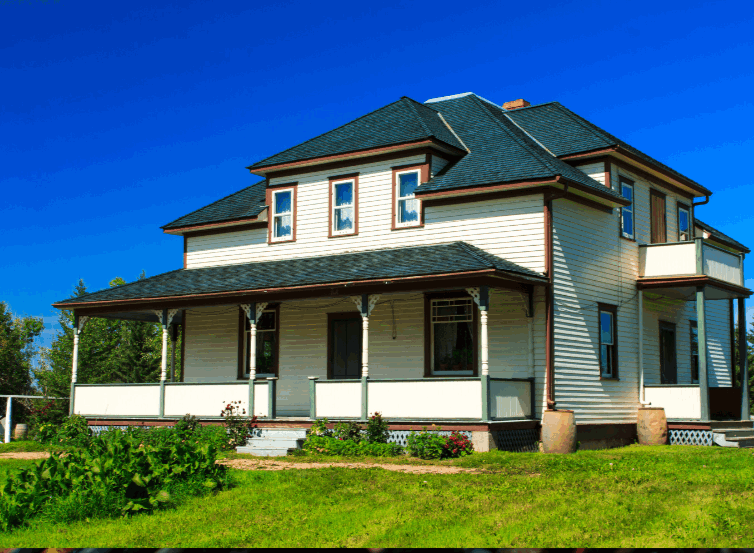
2. Repairs and Updates Can Be Costly
New homeowners might face significant expenses as they update or repair parts of their home to meet modern standards. Unexpected issues like mold under old flooring or hidden water damage behind walls can rapidly inflate renovation costs, potentially running anywhere from $500 to $40,000.

3. Increased Homeowners Insurance
Older homes can lead to higher insurance premiums due to the increased risks and potential for expensive repairs. The average insurance cost for a century-old home is significantly higher than that of newer constructions.
4. Essential Inspections
To avoid purchasing a "money pit," thorough inspections are indispensable. They can reveal structural issues or safety hazards that might necessitate immediate attention.
5. Hazardous Materials
Materials like lead and asbestos, common in older constructions, can pose severe health risks. Professional inspections for these materials are recommended, along with radon testing to check for this harmful gas often found in older homes.
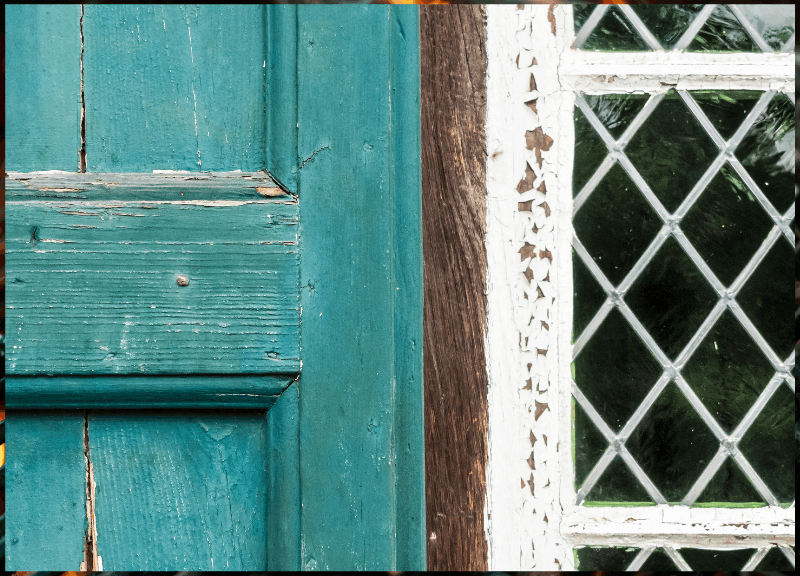
6. Structural and Electrical Concerns
Older homes can have foundational issues or outdated electrical systems that are not equipped to handle modern electrical demands. Thorough evaluations for these problems are crucial.
7. Roofing and Pest Issues
Roof repairs or replacements can be among the most costly updates. It's also common for older homes to host pests like termites, which can cause significant damage.

8. Outdated Features
Many older homes lack modern conveniences and may have outdated layouts or finishes. Potential buyers should consider the costs and feasibility of updating these elements.
Final Thoughts on Buying an Older Home
While older homes can offer unique charm and character, they often require substantial investment to repair and update. Prospective buyers should thoroughly investigate structural integrity, potential leaks, electrical systems, roofing condition, and other outdated features before making a purchase. Although these investments can be high, they don't always outweigh the benefits of owning a home with such distinctive qualities.
For those interested in exploring the market for older homes in Rhode Island and Massachusetts, consulting with a knowledgeable real estate agent can provide valuable guidance and assistance.
Categories
Recent Posts
